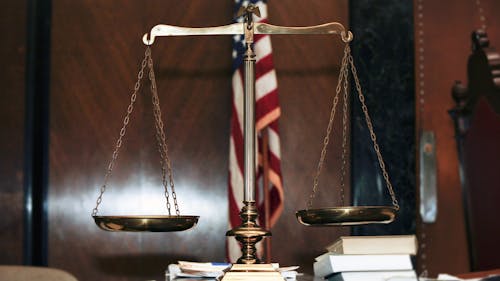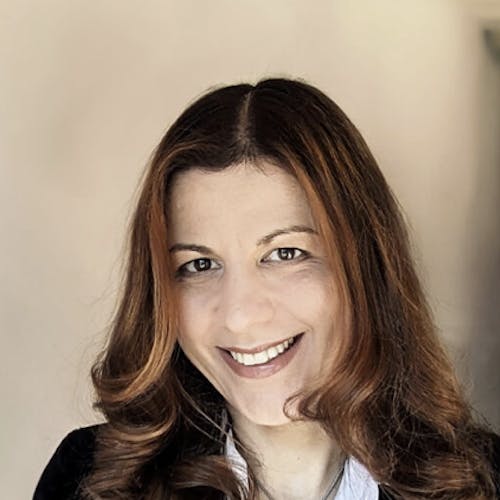U. professor discusses new SCOTUS ethics guidelines, implications

Last Tuesday, the Supreme Court of the United States (SCOTUS) unveiled an unprecedented fourteen-page code of ethics in response to criticism regarding accountability and unethical behavior at the high court.
Louis Raveson, a professor of law and Alfred C. Clapp Public Service Scholar at Rutgers Law School—Newark, weighed in on the effectiveness of SCOTUS' new code and its risk of perpetuating deceit in the American legal field.
He said the code most likely comes in the wake of several documented instances of SCOTUS justices accepting favors, as well as increased criticism of the Court's objectivity in issuing decisions over several years.
Raveson said he takes issue with the code's unenforceable nature, as it does not lay out channels of retribution for infractions. Moreover, governmental bodies like the U.S. Congress may run into issues of constitutionality should they try to prosecute SCOTUS justices, Raveson said.
"Their new code of ethics is fake because there are no consequences for failing to follow the code of ethics," he said. "It's really meant to pull the wool over the eyes of the country."
Raveson said the code also holds negative implications for the greater legal community, which already has a rampant culture of cheating, despite being subject to better-enforced ethical standards.
"In light of this culture of cheating in litigation in the United States, for the U.S. Supreme Court, to say 'Okay, we're going to enact this new ethics code that should take care of all the criticism of the Court' and then not have any enforcement mechanism, that just emboldens lawyers to say, 'Okay, we don't really have to take the ethics rules all that seriously,'" he said.
This culture exists in spite of these standards for two reasons, Raveson said. Firstly, lawyers who try to avoid unethical behavior often face other lawyers who engage in such behavior in court, so legal integrity may increase the risk of losing cases for clients. Secondly, authoritative legal bodies do not punish lawyers who are found to have breached industry standards.
Raveson referred to a study conducted by the Innocence Project in 2016 that observed more than 650 criminal cases, including those dealing with capital punishment, where courts determined that litigators had engaged in improper practices.
Of those, only one counselor faced any form of punishment for hiding evidence that would have exonerated an individual put on death row, Raveson said.
The lack of law enforcement or military officials enforcing SCOTUS's code diminishes public faith in the court, Raveson said.
"People from other countries, jurists from other countries, said 'Why do they listen to you?'" Raveson said. "The answer was 'They only listen to us (because) they believe in us, they trust us.' And when the U.S. Supreme Court has no ethics code or an ethics code that has no teeth, because there's no enforcement mechanism, then they're signaling to everybody that we should have less faith in the Supreme Court, less trust that they will do the right thing (and) less trust that they will not be influenced by outside influences."



